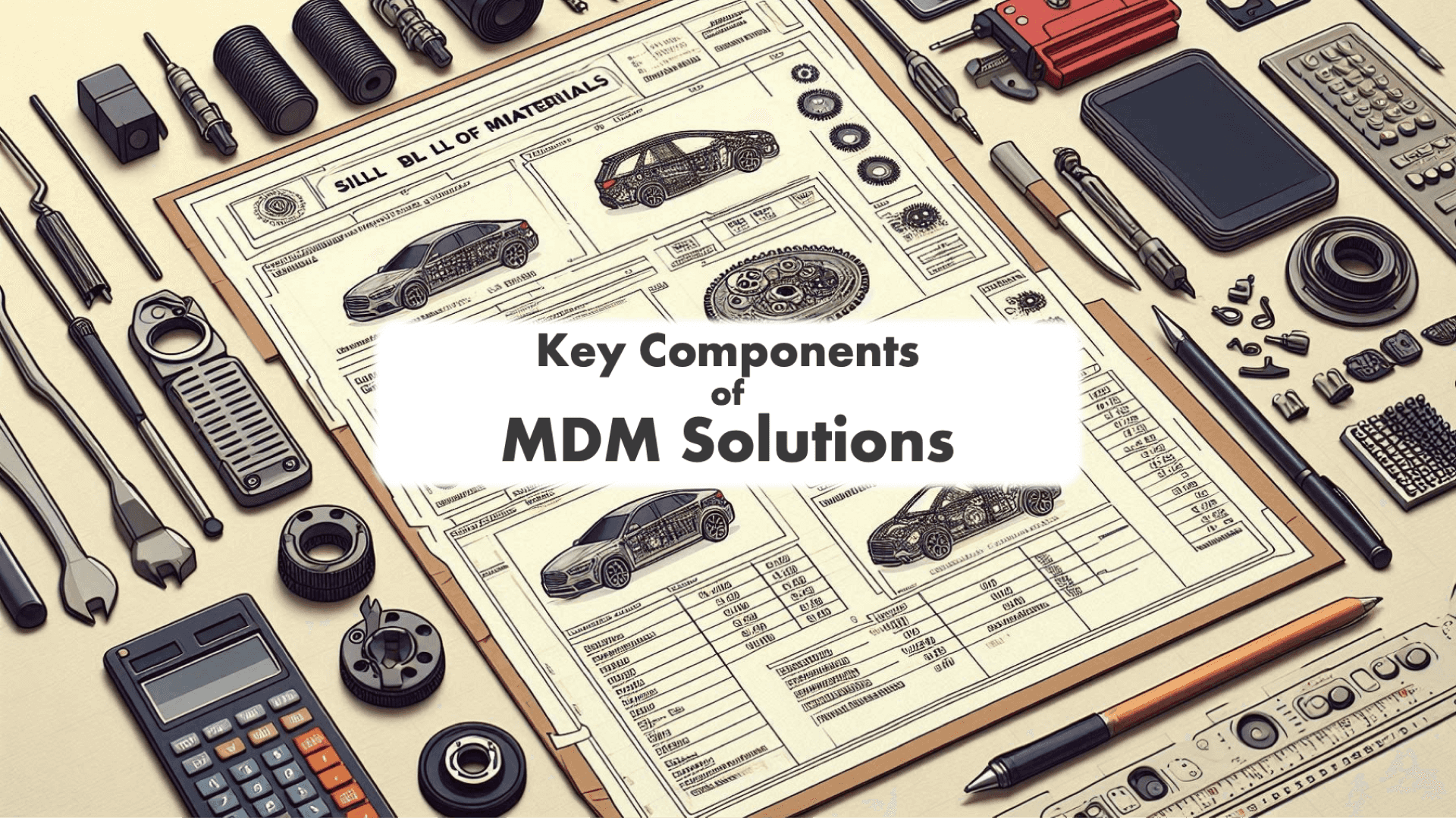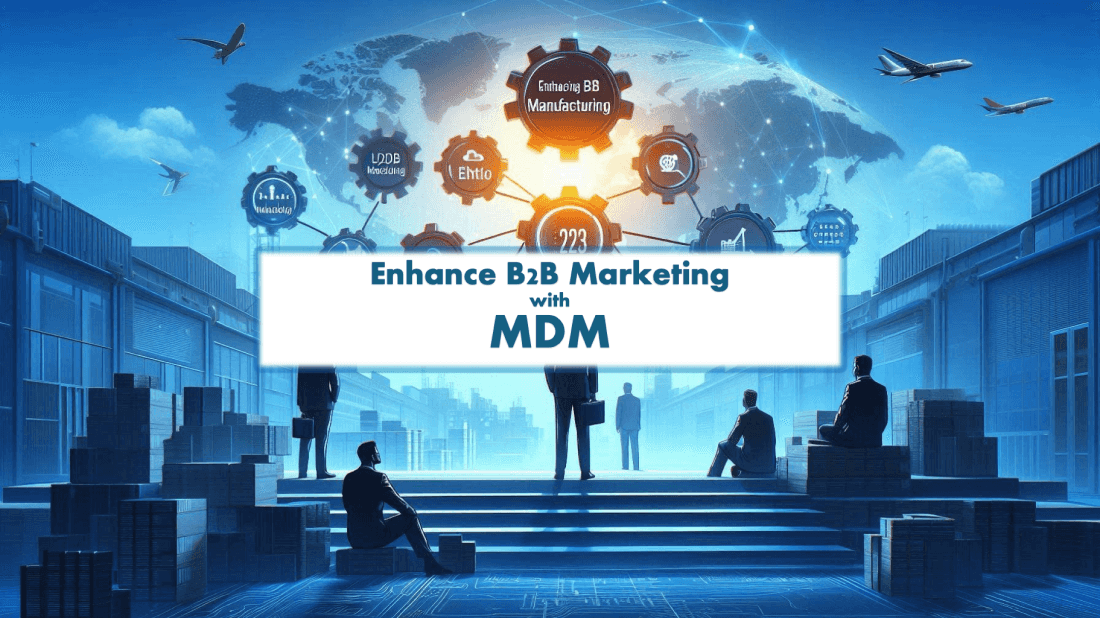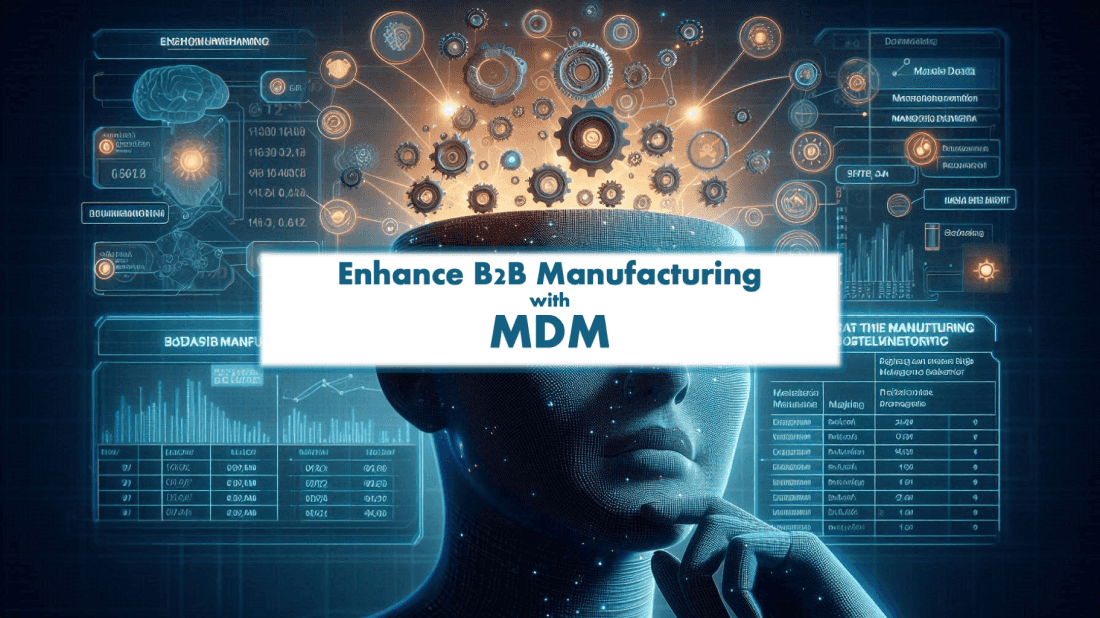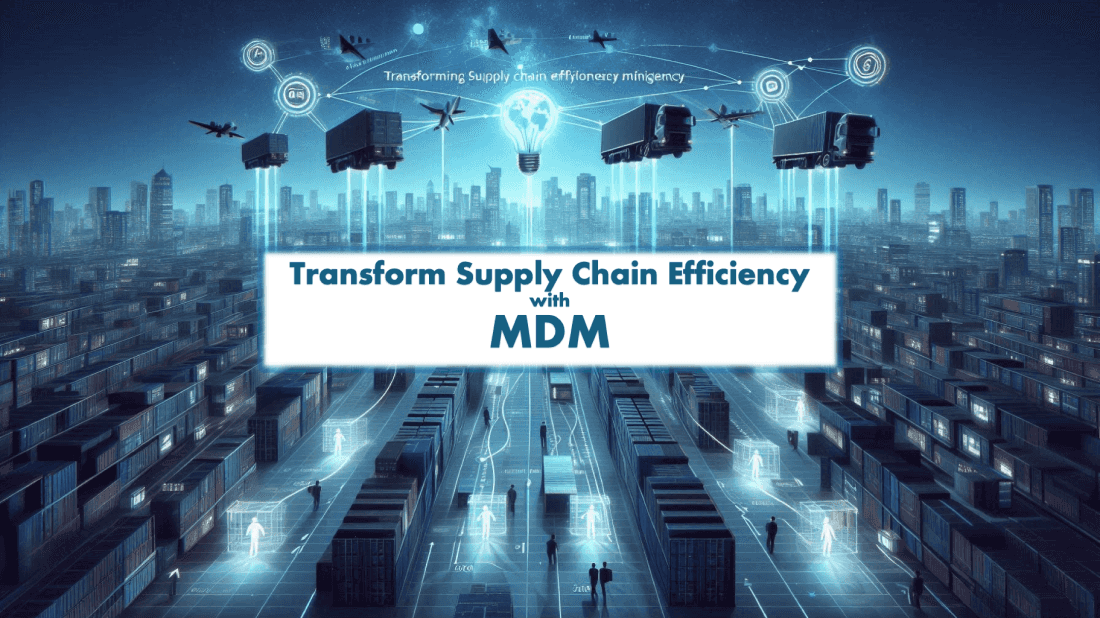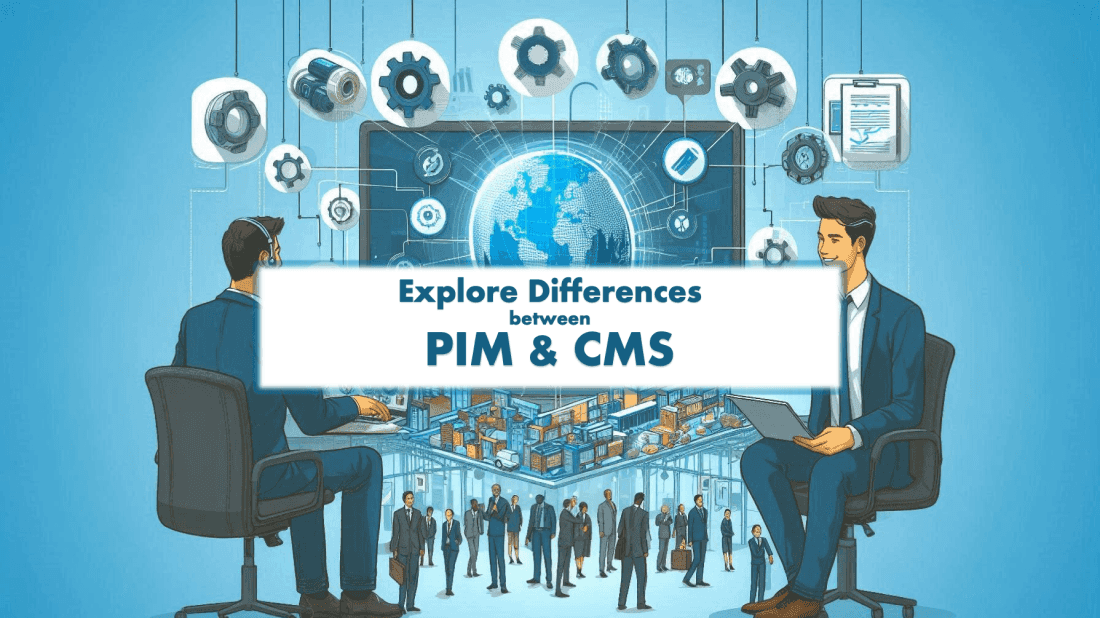Jun 3rd, 2024
Essential Features of an Effective Master Data Management Solution for Manufacturers
Categories:Master Data Management SystemMaster data management (MDM) is critical for manufacturers aiming to maintain data accuracy, improve operational efficiency, and ensure regulatory compliance.
Understanding the essential features of MDM solutions can help you make an informed decision. Here are five crucial features to consider when selecting a master data management solution for your organization.
-
Comprehensive Data Matching and Consolidation
A robust master data management system should include comprehensive data matching and consolidation capabilities. For many OEMs, data comes from various sources and systems, leading to duplicates and inconsistencies. This feature uses advanced algorithms to identify and merge duplicate records, ensuring a single, accurate version of each record. This process eliminates redundancies, enhances data accuracy, and ensures consistent information across all systems. Effective MDM tools are essential for achieving this goal.
Benefits:
- Eliminates duplicate data
- Ensures data accuracy
- Simplifies data integration across multiple systems
- Enhances data quality for better decision-making
-
Centralized Business Rules Management
Incorporating business rules is essential for maintaining data integrity. A master data management solution should allow for the creation and application of business rules that are shareable across various use cases. These rules should be easily modifiable and centrally managed, enabling quick updates and consistent enforcement of data policies. This is a core aspect of data management best practices.
Benefits:
- Standardizes data governance
- Enhances data quality
- Streamlines workflows and approval processes
- Reduces risk and improves compliance
-
Geographical Data Localization
Compliance with regional data regulations is crucial. Data localization management ensures that data is stored and processed within specified geographical boundaries. This feature is particularly important for adhering to regulations such as GDPR, which mandates strict data protection measures. A solid data management framework will support this functionality.
Benefits:
- Ensures compliance with regional regulations
- Enhances data security
- Facilitates data governance
- Reduces the risk of legal penalties
-
Advanced Data Privacy and Security Measures
Data privacy and security are paramount, especially with the increasing volume of data handled by organizations. A master data management solution should provide robust security features, including role-based access control and data encryption. These measures protect sensitive information from unauthorized access and ensure compliance with data protection regulations. Leveraging master data management software can significantly enhance these security measures.
Benefits:
- Protects sensitive data
- Ensures compliance with data protection laws
- Reduces the risk of data breaches
- Enhances customer trust
-
Dynamic Data Enrichment Capabilities
Data enrichment processes improve the quality and completeness of your data by integrating it with external data sources. This feature validates and cleanses existing data, then augments it with additional information, providing a comprehensive view of your customers and products. Utilizing cloud master data management can facilitate this process, offering scalability and flexibility.
Benefits:
- Enhances data accuracy and completeness
- Provides deeper insights into customer behavior
- Supports better decision-making
- Reduces operational risks
Choosing the Right Master Data Management Solution
Selecting the right master data management solution involves understanding your organization’s specific needs and challenges. By focusing on the features outlined above, you can ensure that your chosen solution supports your business objectives and enhances your data management capabilities. Tools for master data management, such as master data management platforms and master data management software, offer various features that cater to these needs.
By integrating the right master data management tools and adhering to data management best practices, manufacturers can streamline their supply chain, enhance customer service, and create a robust data management framework. Understanding the master data management definition and the role of a master data manager is crucial for successful implementation. The advantages of master data management and its impact on data governance and operational efficiency cannot be overstated. Therefore, choosing the right master data management tool and implementing a comprehensive master data management strategy is essential for achieving long-term success.
About Neurologik.io
Do you feel like your product team at your company spends way too much time on tedious data administration instead of actual product work?
Neurologik.io streamlines all your product data into one intuitive platform, putting an end to hunting through scattered systems and manually updating information. Our customers cut their data management workload by 80% on average. Imagine what your team could accomplish with all that time saved
If you’d like to explore how Neurologik.io can massively boost your company’s product team productivity, Contact us for a ProductHub demo today.
